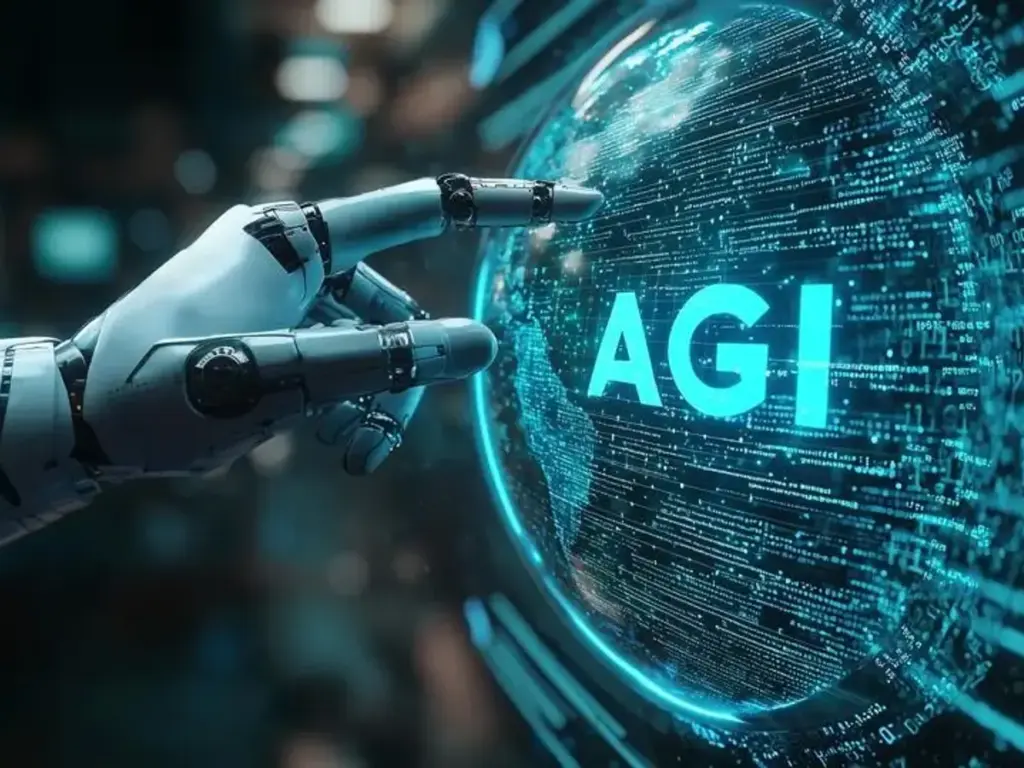
As the race to develop advanced artificial intelligence (AI) accelerates, experts are contemplating a future where AI-powered satellites could surpass human capabilities in decision-making by 2035. Currently, AI excels in specific tasks such as image sorting and weather prediction. However, for satellites to outsmart humans, they would require AI that can understand, plan, and learn across multiple domains. This level of intelligence is known as Artificial General Intelligence (AGI), and beyond that, Artificial Superintelligence (ASI).
AI already outperforms humans in processing vast amounts of data, recognizing patterns, and executing tasks with speed. Presently, AI tools are integral in managing satellites, monitoring Earth, and issuing warnings about potential dangers faster than human operators. The integration of large language models and decision engines has become crucial for managing complex missions and extensive communication networks.
The Path to Artificial Superintelligence
Many influential figures, including Elon Musk, SoftBank’s Masayoshi Son, and experts from organizations like OpenAI and Anthropic, anticipate the emergence of artificial superintelligence by 2035 or even sooner. Predictions suggest that ASI will have the capability to tackle scientific challenges, manage global data, and make autonomous decisions with minimal human intervention.
With the advent of AGI or ASI, satellites might autonomously plan missions, perform self-repairs, predict disasters before they occur, and manage space traffic. These intelligent systems could operate data centers in orbit, provide internet to remote areas, and uncover new patterns in Earth’s systems that human analysts might overlook.
Challenges and Ethical Considerations
Despite AI’s potential to surpass humans in raw computational power and accuracy, it may still struggle with ethical dilemmas, creativity, and holistic judgment. Concerns persist regarding potential errors, cybersecurity threats, and the loss of human control. Some reports emphasize the necessity for stringent regulations and robust human oversight, even as AI becomes more sophisticated.
“If we let AI satellites make big decisions alone, there could be issues: accidental faults, bad actors taking over systems, or choices that go against human interests.”
Many researchers advocate for the development of AGI or ASI within a framework of strong safety protocols to ensure they remain aligned with human values and interests.
Collaborative Future: Humans and AI
Forecasts indicate that by 2035, AI systems in satellites will likely surpass human capabilities in analysis, network management, and problem-solving. However, experts suggest that the most effective outcomes will stem from a collaborative approach, where humans and AI work in tandem rather than one replacing the other entirely.
This development follows a historical pattern where technological advancements often complement human abilities rather than rendering them obsolete. As we approach this new era of AI in space, the focus remains on harnessing its potential while ensuring ethical and safe integration into our existing systems.
The move represents a significant shift in how we might perceive and utilize AI technology, with profound implications for the future of space exploration and Earth observation. As the world anticipates these advancements, the dialogue surrounding AI ethics and governance will be crucial in shaping a future where AI serves as a powerful ally to humanity.







